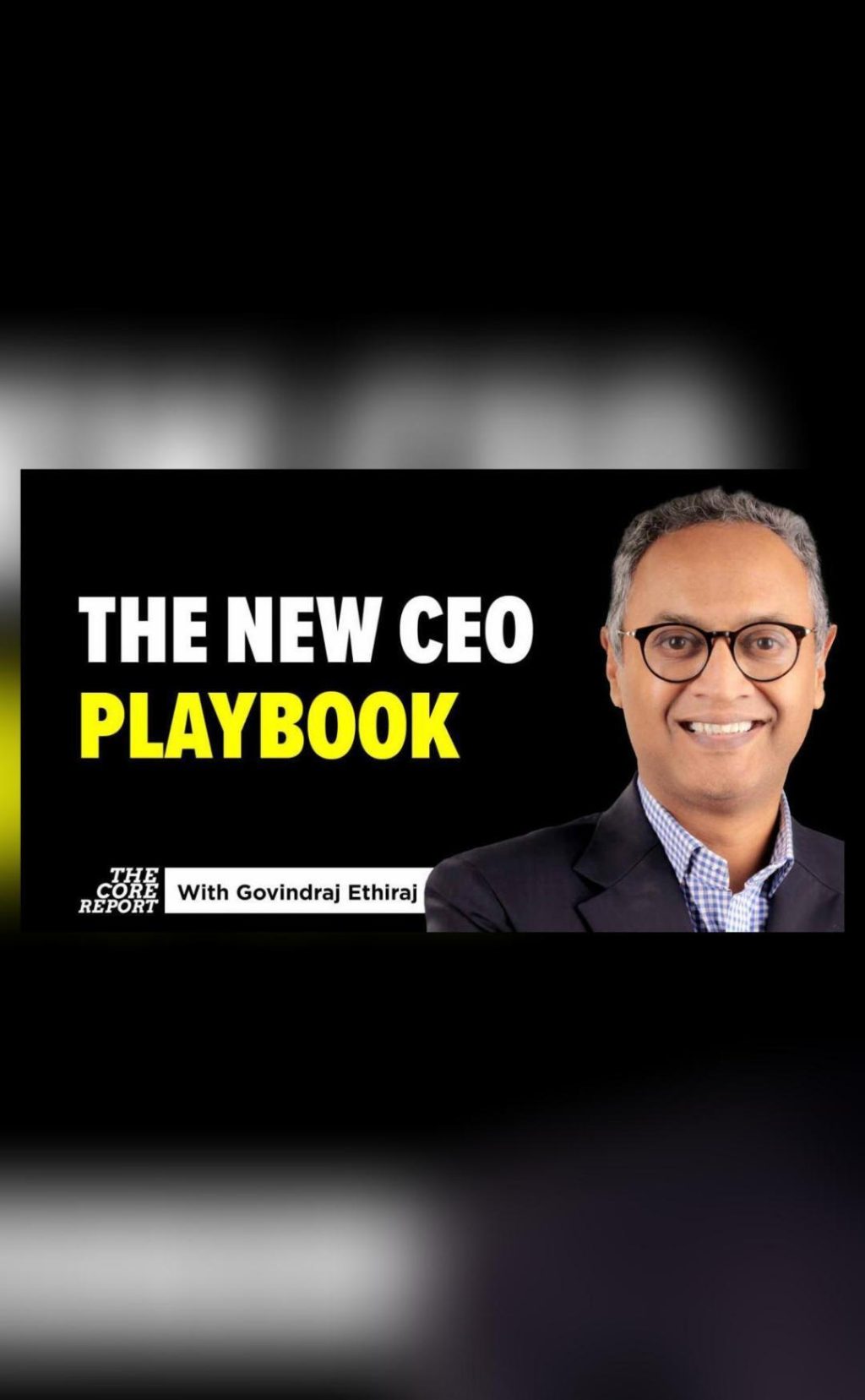
The New CEO Playbook: AI Pressures & Global Tariff Shocks
As the world becomes increasingly digital, businesses are faced with unprecedented challenges. The rise of Artificial Intelligence (AI) and the implementation of global tariffs are two significant pressures that CEOs are grappling with. In this blog post, we’ll explore the impact of these pressures on business strategy and operations, and provide guidance on how companies can adapt and thrive in this rapidly changing landscape.
AI Pressures
AI is transforming industries at an unprecedented pace. From chatbots to predictive analytics, AI is enabling businesses to automate processes, improve decision-making, and enhance customer experiences. However, this technological advancement also presents significant challenges for CEOs. For instance:
- Internal pressures to automate: As AI becomes more prevalent, companies are under pressure to automate processes to remain competitive. This requires significant investments in technology, training, and talent development. CEOs must balance the need to automate with the need to preserve human skills and expertise.
- Innovation fatigue: The pace of technological change can be exhausting for even the most innovative companies. CEOs must find ways to stay ahead of the curve, investing in research and development, and exploring new technologies to maintain a competitive edge.
- Talent acquisition and retention: The demand for AI talent is outstripping supply, making it challenging for companies to attract and retain top talent. CEOs must develop strategies to attract and retain the best AI professionals, while also upskilling existing employees.
Global Tariff Shocks
The implementation of global tariffs has sent shockwaves through global supply chains, disrupting trade and commerce. For CEOs, the impact of tariffs is multifaceted:
- Supply chain disruptions: Tariffs can lead to supply chain disruptions, delays, and increased costs. CEOs must develop contingency plans to manage these risks and ensure business continuity.
- Trade policy uncertainty: The tariff landscape is constantly evolving, with new tariffs and trade agreements being implemented regularly. CEOs must stay informed and adapt quickly to changing trade policies.
- Localisation and diversification: Tariffs can make it more challenging for companies to source materials and components from specific regions. CEOs must consider localising production, diversifying supply chains, and investing in domestic manufacturing to mitigate these risks.
Rethinking Strategy and Operations
In the face of AI pressures and global tariff shocks, CEOs must rethink their strategy and operations. Here are some key considerations:
- Digital transformation: Companies must accelerate their digital transformation, investing in AI, data analytics, and cloud computing to stay ahead of the competition.
- Regional diversification: Tariffs have made it more challenging for companies to rely on a single region for supply chain and production. CEOs must diversify their supply chains, investing in domestic manufacturing and regional partnerships.
- Adaptability and resilience: The ability to adapt quickly to changing circumstances is crucial in today’s business environment. CEOs must develop contingency plans, build resilience, and foster a culture of innovation and experimentation.
- Risk management: Companies must develop robust risk management strategies, identifying and mitigating potential risks associated with AI and tariffs.
Conclusion
The new CEO playbook is one of adaptability, innovation, and resilience. As AI reshapes industries and tariff shocks disrupt trade, business leaders must rethink strategy and operations to stay ahead of the curve. By investing in digital transformation, regional diversification, adaptability, and risk management, companies can thrive in this rapidly changing landscape.
Watch the video for more insights: https://youtu.be/0osLVVtj7tY






